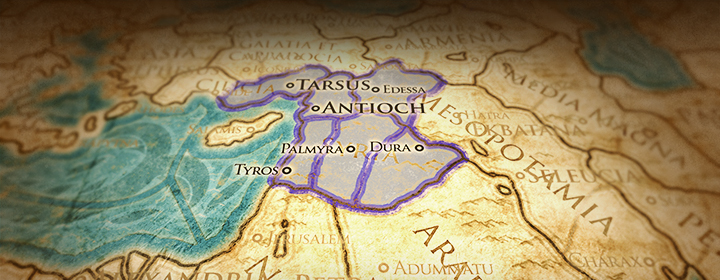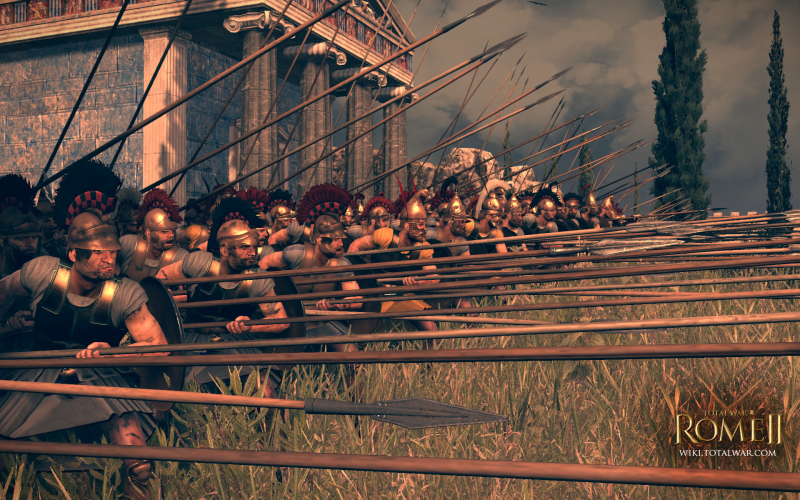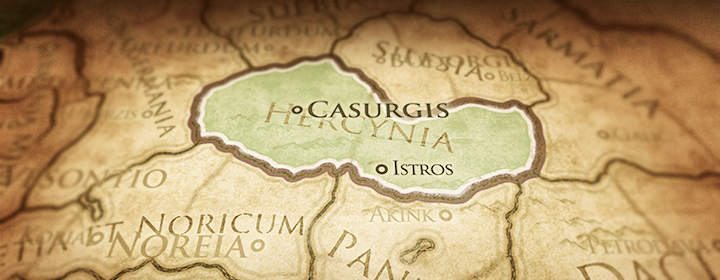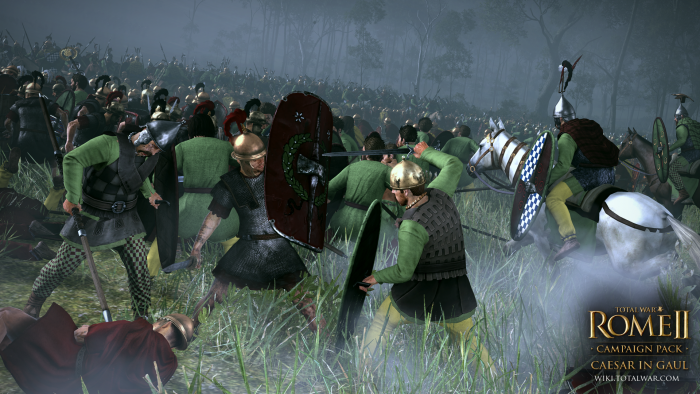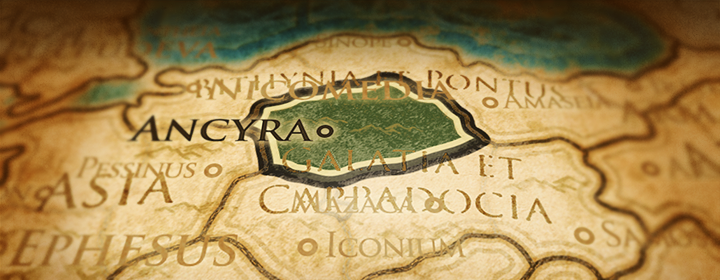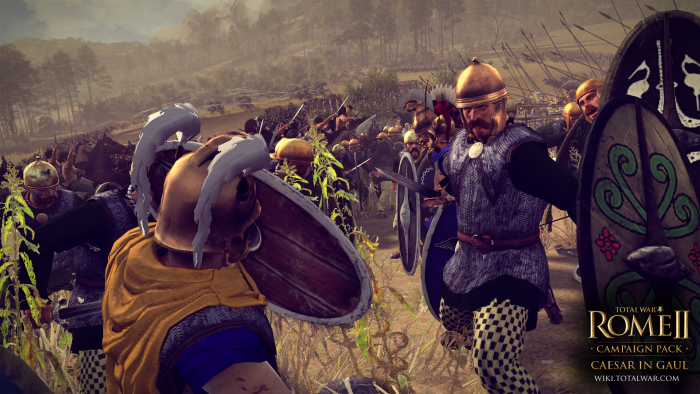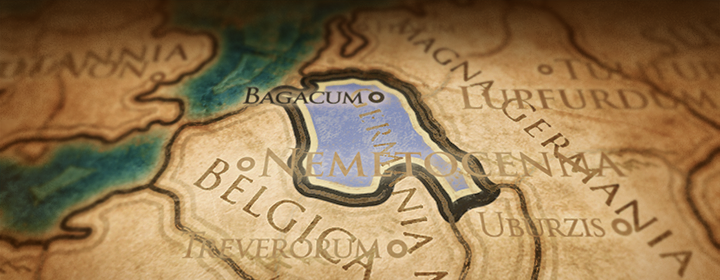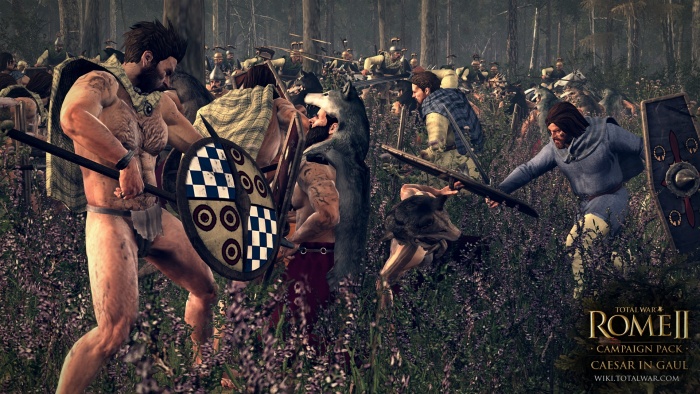3 nuevas facciones jugables se suman a las anteriores, estas vendrán en el pack de cultura Griega.
Atenas

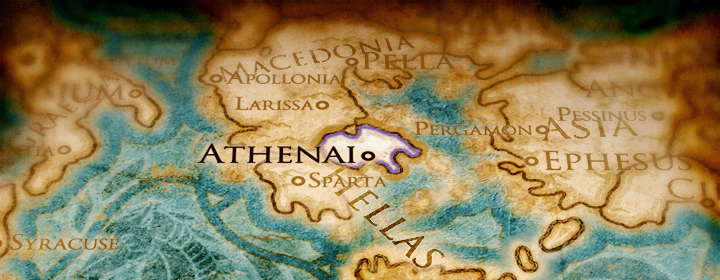
“Knowledge, Wisdom, Prosperity.”
The model of democracy, Athens controls the prosperous region of Attica and its fleets continue to be a dominant force in the eastern Mediterranean. A centre of culture and philosophy, its dignitaries lead the vanguard of Greek achievement and learning.
Renowned for its architecture, art and writing, Athens has long been famed for its cultural achievements – from buildings such as the Parthenon, dedicated to Athena the patron of the city, to the plays and works of Aristophanes, Plato, Socrates, and Sophocles. In many ways, Greek culture is defined by Athens.
Throughout the Greco-Persian and Peloponnesian Wars, the city state remained both fiercely independent and a leading power of the time, but became part of the wider Macedonian Empire following Phillip II’s decisive victory at the Battle of Chaeronea in 338 BC. Following the death of Alexander the Great, his generals fought over Athens, particularly the heirs of the Antigonid and Ptolemaic dynasties.
Ever since they were advised by the Oracle at Delphi to put faith in the city's wooden walls during the Persian Wars, Athens’ military focus has long been its navy. However, continuing the traditions of the classical era, its citizens are also expected to contribute both infantry and cavalry to its armies, although mercenary troops now supplement their numbers. With a strong backbone of spear-bearing Hoplite units supported by archers, a fully formed-up Athenian army makes for a formidable sight – and a tough nut to crack.
Forever influential, but still not fully independent of Macedonian rule, Athens has the opportunity to break free and potentially found a third Athenian League, asserting authority over long term allies and adversaries alike, such as Sparta, Thebes and Corinth.
As a city state, the capital city of Athenai enjoys great wealth, and its rich classical heritage makes it easier for their conquests to convert to the Athenian way of life. Its strong naval tradition gives its fleets the upper hand, with the downside being that her land units are less developed.
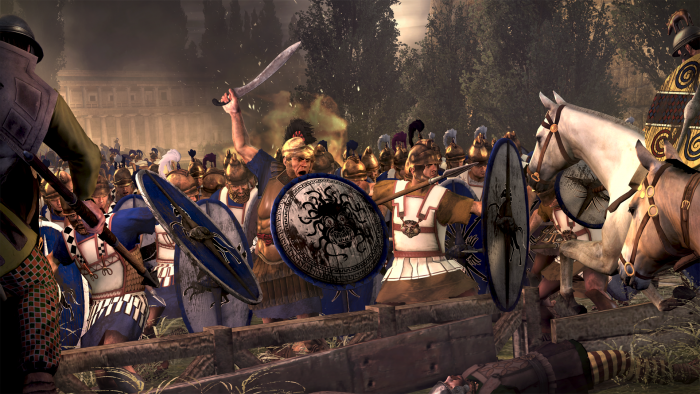 Epirus
Epirus

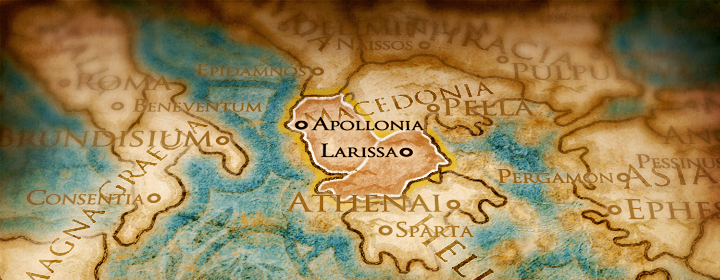
“Growth, Legacy, Command.”
Situated on the Adriatic Sea, Epirus is a Greek kingdom formed of numerous small villages and towns, rather than the great cities of the south. An agriculture and fishing-based society, Epirus nevertheless maintains a balanced army on the Alexandrian model, consisting of cavalry, archers, peltasts, pikemen and war elephants. They also make extensive use of mercenaries from throughout the Greek-speaking world.
With an economy focused on a diverse and scattered agricultural base, most of Epirus' trade is conducted via its fishing ports on the Adriatic Sea. These also provide the basis for its fleets and a means for its dignitaries to travel abroad.
Ruled by the Molossian Aeacidae dynasty, the kings of Epirus claim descent from Achilles and Deidamea. With close connections to Macedon, through the marriage of the princess Olympias to Phillip II, Epirus prospered under the empire of their son, Alexander the Great. During the Wars of the Successors (322 – 275 BC), the Epirot throne was reclaimed through the political manoeuvring of King Pyrrhus with the military backing of Ptolemaic Egypt. In 281 BC, again with Egyptian support, Pyrrhus entered into conflict with Rome to aid the Greek colony of Tarentum. Although a master tactician, his ‘Pyrrhic victories’ have already become synonymous with success at devastating cost.
Epirus now faces many choices; across the Adriatic Sea is Rome, to the east Macedon, and to the south Sparta. Will they be potential allies, or enemies to conquer?
Epirus is a nation of great commanders and, as such, its generals and admirals enjoy a greater command aura in battle. As a nation centred more around village life than the city, Epirus also gains increased income from smaller settlements. However, their chequered past with the Greek states and colonies means they suffer major penalties to diplomatic relations with other Hellenic factions.
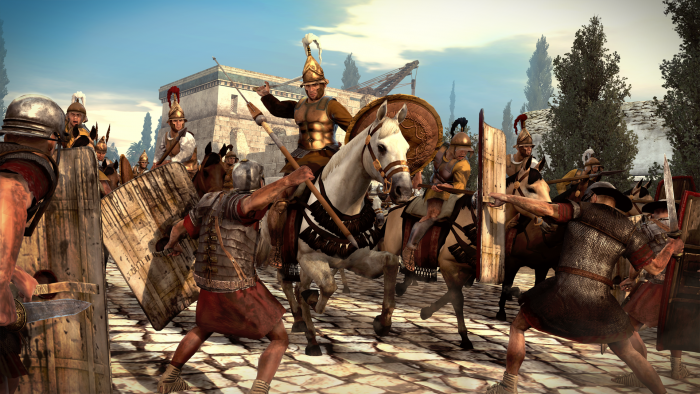 Esparta
Esparta

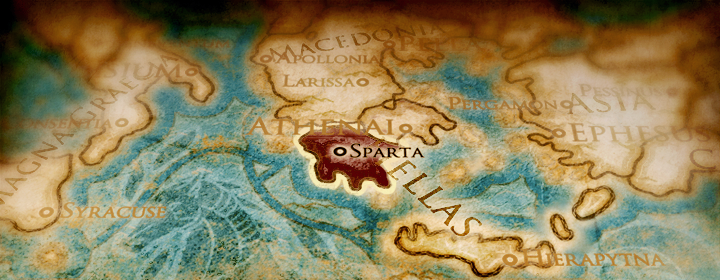
“Discipline, Glory, Conquest.”
With every aspect of their lives and society geared towards warfare, Sparta dominated the Greek world and continues to produce arguably the finest soldiers of the Hellenic period. Trained and hardened in the Spartan Agoge and Krypteia, their warriors and leaders are the embodiment of military discipline and virtue.
Composed of The Spartiates (the citizens), The Periokoi (a class of free, non-citizen merchants and traders) and The Helots (a slave class of agricultural labourers), the Lacedaemonian state was an efficient, if brutal, war machine. Where the slaves of Athens enabled its citizens to pursue art and philosophy, the slaves and non-citizens of Sparta enabled their citizens to pursue warrior perfection as soldiers and champions. Few have fought toe-to-toe with the Royal Spartans and lived to tell the tale.
Having played a prominent role in the Greco-Persian War, including the legendary stand of the 300 at Thermopylae, and after victory in the Peloponnesus, Sparta’s power and dominance only began to wane following their defeat at the Battle of Leuctra, in 371 BC, during the aftermath of the Corinthian War. They were eventually forced to submit and join the League of Corinth, under Phillip II of Macedon, following the massacre at the Siege of Megalopolis in 331 BC.
What course Sparta will take now is unclear. Historically, it became an ally of Rome during the Punic Wars. Whether it will follow this path, or conquer Alexander’s former territories, reclaiming its former glory, who can say?
Trained to a level of martial prowess few others achieve, Spartan troops are excellent warriors, and, due to their oppression of the Helot people, they suffer less public discontent due to slavery than other factions. However, due to their Laconic austerity and focus on military training, Sparta benefits less from natural resources.
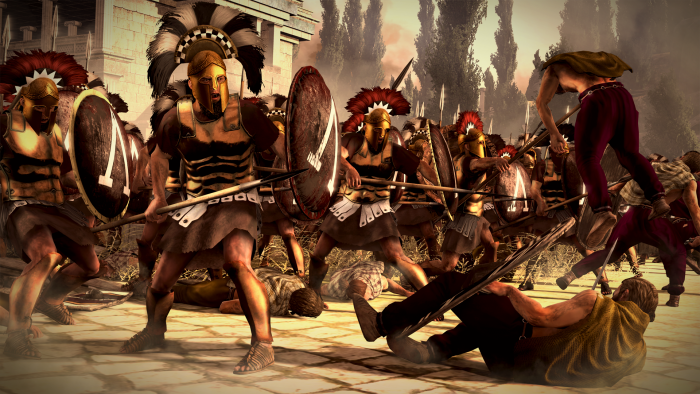 Aquí el post con el trailer dejado por BarbaroIberico
Aquí el post con el trailer dejado por BarbaroIberico 


















